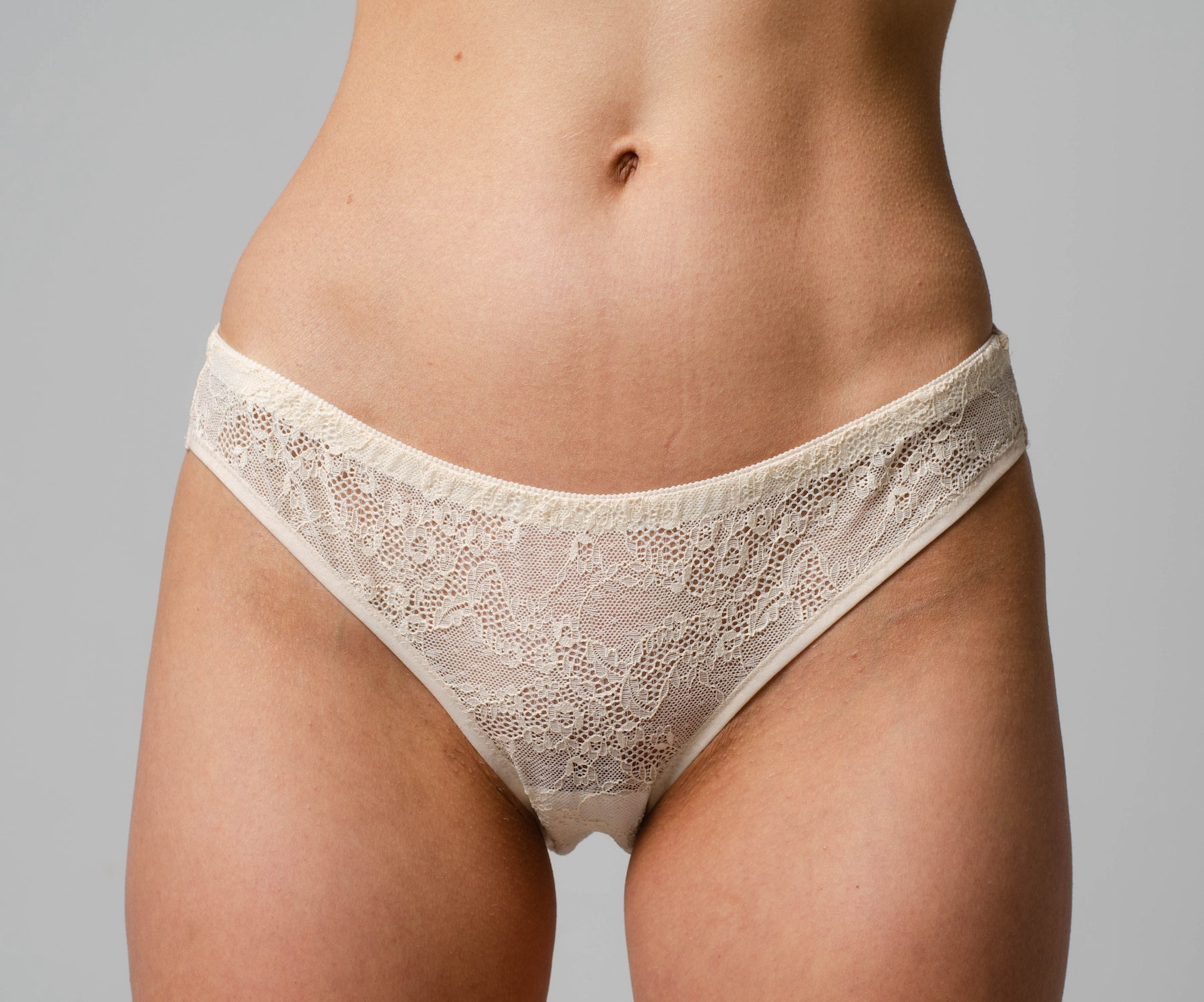Restorative & Gynecology Training
Premier choice for Labia Majoraplasty in Davis, Beverly Hills, and Los Angeles
If you’re feeling self-conscious about the appearance of your labia, it’s time to take action. Labia Majoraplasty can help you achieve the look you desire and increase your confidence. Say goodbye to discomfort and embarrassment and hello to feeling comfortable and confident in your own skin.
Anesthesia for a labia majoraplasty
This procedure is done by Dr. Reed under local anesthesia with oral sedation. Majoraplasty is performed by making a vertical excision of an ellipsis (similar to a tear drop or 1/4 moon) of labial skin and then re-approximating the cut edges resulting in improved skin tone of the vulva.
The amount to be removed depends on the amount of excess tissue.
What are the risks of a labia majoraplasty?
Risks include: cosmetic results may not be in keeping with your expectations, healing difficulties, bleeding, hematoma, infection, scarring, and under/over resection.
Recovering from a labia majoraplasty
Most patients take a week off from work, during which they can reduce swelling and pain by icing with a cold pack. This can be done “twenty minutes on, twenty minutes off.” The patient can also lie with her pelvis elevated to reduce swelling.
Patients can resume wearing tampons or having intercourse after four to six weeks pending post-op evaluation for healing.
Swelling after a labia majoraplasty can last six months or longer, depending on the thickness of the tissue, although much of the swelling is gone by six weeks.
What are the results of a labia majoraplasty?
This procedure typically results in smaller, tighter labia majora. In patients with excess skin, drooping of the labia majora when the patient is standing is usually improved, resulting in a more taught, perky and more youthful appearance. In patients with excess volume, this procedure can result in a flatter, less “bulky/full” appearance.
How to Choose Your Labia Majoraplasty Surgeon
Dr. Michael A. Reed, a native of California, is a highly experienced physician with a deep commitment to empowering women. With over twenty years of expertise in obstetrics and gynecology, Dr. Reed has helped countless women overcome a wide range of conditions and concerns.
Patients choose Dr. Reed because of his exceptional surgical skills, unwavering professionalism, and personalized attention. He approaches patient care holistically, utilizing cutting-edge non-invasive technologies, optimizing hormone therapies, and prioritizing active listening to address his patients’ unique needs and desires.
Contact us today!
Dr. Michael Reed is board-certified by the American Board of Obstetrics and Gynecology with over 24 years of experience in Women’s Health, specializing in cosmetic gynecology. Known for his compassionate nature and skills in aesthetics, Dr. Reed has dedicated his career to mastering cosmetic gynecology. He completed an 18-month surgical fellowship in Labiaplasty, Vaginoplasty, Perineoplasty, and other aesthetic procedures related to female genital cosmetic surgery and vaginal rejuvenation with Dr. Michael Goodman. Dr. Reed is an esteemed OB/GYN who is a world-renowned and highly recognized author, educator, and expert in cosmetic gynecology.
Contact us today to reserve your appointment. We will listen to your concerns and give you the comfort and confidence you deserve. Fill out our secure and confidential form, and we will contact you immediately. Take the first step towards becoming a happier and healthier you!
Related Procedures

Labiaplasty
A highly effective aesthetic procedure that reshapes the labia minora to improve both the appearance and functionality of the area.

Vaginoplasty
Dr. Reed surgically revises the muscles of the pelvic floor, the lining of the vaginal canal, and the tissues of the perineum.

ThermiVa®
ThermiVa® is a non-surgical treatment designed to encourage collagen development and naturally tighten the skin and tissues of the labia, clitoral hood, and vagina.

Vampire Wing Lift®
Over time, the labia majora (the outer lips) can experience sagging and loss of fullness due to factors like childbirth, aging, or genetics.



